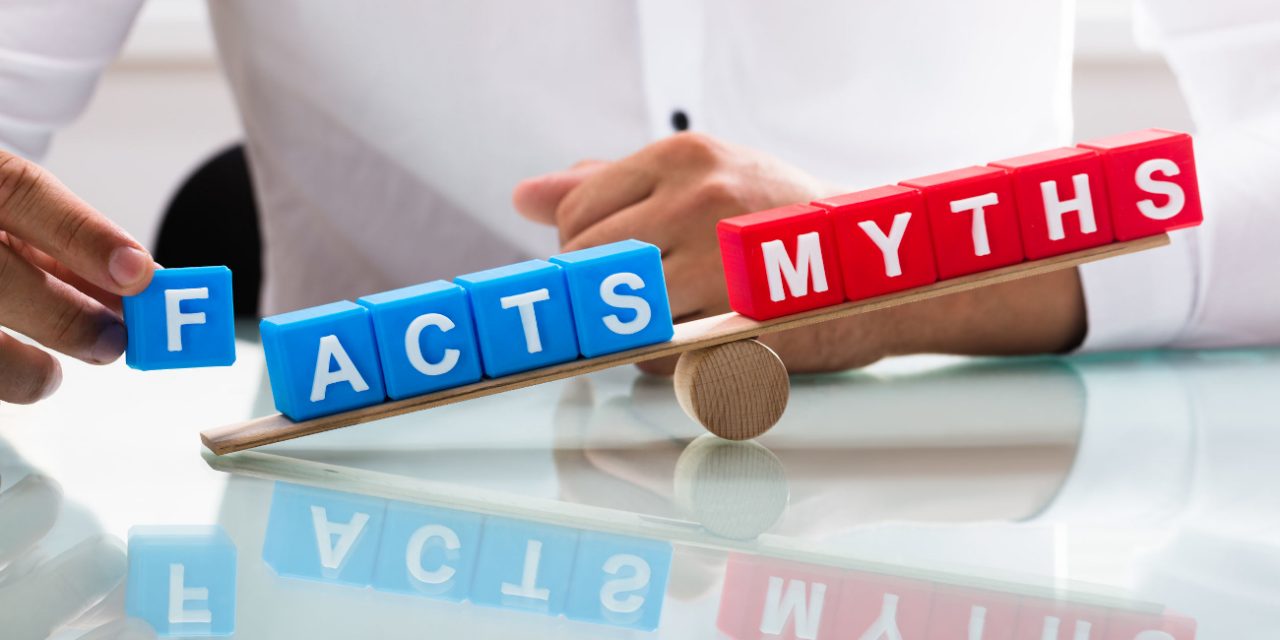By Katie Roper
At a recent industry conference, I spoke with several companies whose value proposition is curing the loneliness epidemic in elders.
But what if there’s not a loneliness epidemic in elders?
Of course, there are older people who are sad and lonely, especially if they’ve just lost a loved one or dear friend – which happens more frequently when you’re 85 than when you’re 35. Yet you’re more likely to get divorced when you’re 35 than when you’re 85, and there are studies that show divorce is equivalent to death in terms of impact on your emotions. In my experience there are people who are congenitally sad and those who are congenitally happy, and by a year after either a death or a divorce, a happiness-inclined person may still feel sad that it happened, but would not describe themselves as sad and lonely.
Many 85-year-olds I know look back on a happy life, full of joyful memories. They enjoy visits from grandchildren, look through photo albums, and still hold hands with their spouses. They no longer have to worry about whether they’re going to get the next promotion at work. They don’t have to save money for retirement. They don’t have to stress out in traffic while late to a meeting. They are some of the most contented people I know.
Conversely, some of the loneliest people I know are young people who haven’t found their way in the world yet, who see their friends on Instagram posting wedding photos, and who feel their biological clocks ticking down.
And the data back up these impressions. A survey by Cigna and Ipsos earlier this year found that almost half of all adults in America “sometimes or always” feel lonely, and the loneliest generation is Gen Z, aged 18-22 years.
Our perception that elders are sad and lonely may arise when we forget that different life stages bring different mindsets. For instance, my college-age children stay up until midnight working on problem sets, then party until 2 AM, then get up the next morning to tailgate all day, then go clubbing, then do it again the next night – and then still get to calculus class at 10 AM on Monday. When I tell them that if I drink two beers on Friday night, I’m hungover for the rest of the weekend, they think I must be miserably sad and lonely. Actually, though, I feel blessed that I don’t have to go clubbing on Saturday nights; that I can curl up in my jammies and watch Netflix.
So when I look at my own mom and think she must be sad and lonely because she’s not jumping on airplanes to go to industry conferences, am I judging by her standards, or by my own?
In fact, I think by stressing the problem of loneliness in elders, we contribute to two negative societal trends:
-
- Stigmatizing old age as a time of sadness and loneliness, which contributes to the rampant ageism all around us; and
- Minimizing the impact of the loss of societal institutions like faith communities, service clubs, block parties, etc. on loneliness for everyone, regardless of age.
What would the senior care industry look like if we assumed that our elders were sources of joy, of wisdom, and of contentment? What would our society look like if we focused on building resources for anyone feeling lonely, regardless of age? I think it might be better for all of us.








Katie, I like your approach to this notion of loneliness. Fair point to ask ourselves are we making broad brush assumptions without ever asking the questions first. I always find that introverts and extroverts act completely different in community living and what we perceive as disengaged and lonely is sometimes just normal behavior. How different would we view aging if we did assume people were happy? Could an expressionless face just indicate a peaceful disposition, not loneliness? Thanks for your words! – Sara Kyle